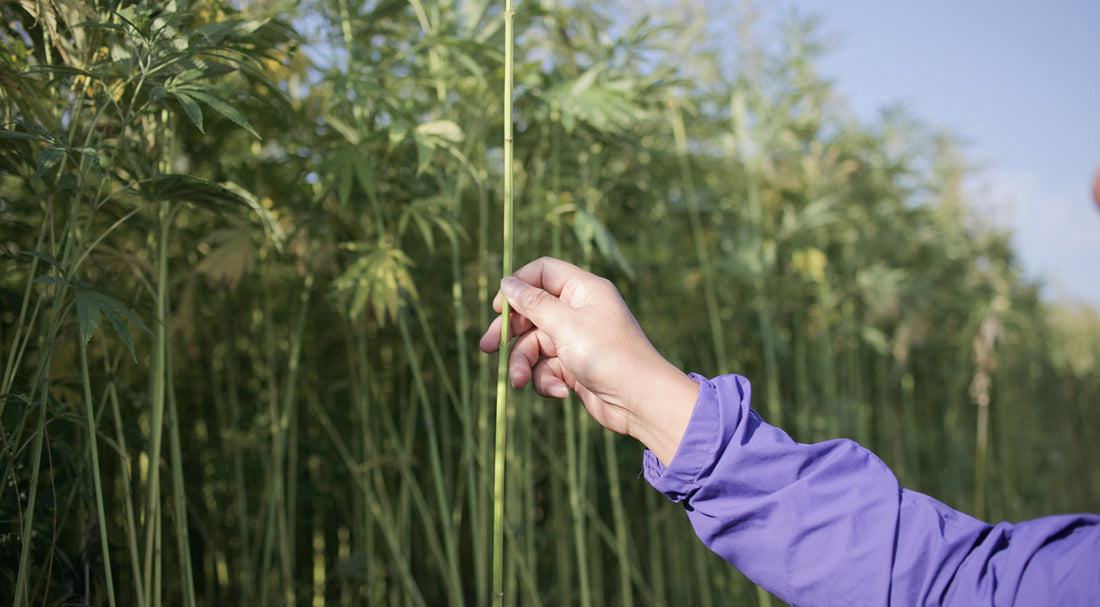
Why Hemp is the Future of Sustainable Fashion
Share
The revolution in eco-friendly clothing
Sustainable fashion is becoming essential, not just a trend. Hemp is rapidly becoming a popular choice as more individuals look for eco-friendly alternatives for traditional apparel. But what is so promising about this plant? Its distinctive fusion of innovation, nature, and science holds the key to the solution.
The Environmental Benefits of Hemp
Reduced water, chemicals and hemp requires very little care. Hemp grows with little help, in contrast to cotton, which requires a lot of pesticides and water. Hemp requires significantly less chemical treatment and irrigation, according to research published in the Journal of Cleaner Production. This translates into more sustainable farming practices, healthier ecosystems, and cleaner soil.
An Organic Carbon Absorber
Not only is hemp environmentally friendly, but it also actively promotes environmental healing. Studies published in Frontiers in Environmental Science show that hemp has a remarkable rate of CO2 absorption from the atmosphere. It makes a much smaller contribution to greenhouse gas emissions than many other crops. It's a climate-positive plant, to put it briefly.
No Waste, No Microplastics
Hemp decomposes naturally, but synthetic fibers release microplastics into landfills and rivers. It doesn't leave any harmful residue behind and is biodegradable. It is therefore perfect for everyone who want to adopt a cleaner, circular lifestyle and lessen their trash footprint.
The Science Underpinning the Comfort and Strength of Hemp
Stronger Than Cotton
Hemp is incredibly durable and one of its biggest advantages. The fibers are naturally tough, roughly three times stronger than cotton, which means that hemp garments last much longer—even after frequent washes. Choosing hemp leads to fewer replacements, reduced waste, and better value in the long run.
Naturally Breathable and Antibacterial
Beyond being strong, hemp has antibacterial and antifungal properties, which help keep odors at bay. As noted in ‘’Industrial Crops and Products’’, this makes hemp a healthier option for your skin. Its natural breathability and moisture-wicking features assist in regulating your body temperature throughout the year—cool during the summer and warm in the winter.
How Hemp Compares to Other Natural Fibers
A life cycle assessment conducted by Europe PMC looked at how hemp and flax are produced. The findings showed that hemp performed just as well, if not better, than flax in terms of energy consumption and pesticide use. With such impressive environmental benefits, it's no surprise that both designers and eco-conscious consumers are taking notice.
Looking ahead, hemp’s role in fashion’s future
As the fashion industry moves toward more sustainable options, hemp is becoming increasingly popular with innovative brands. Its clean production process, durability, and comfort make it more than just a trendy fabric—it’s genuinely transformative.
At Daniel Jacob, we’re excited to incorporate hemp into our collection of premium, eco-friendly underwear. Our hemp boxers offer a unique blend of comfort and responsibility, caring for both you and the planet.
''WHERE NOT ONLY A STORY IS TOLD, BUT ALSO A PROMISE TO NATURE IS FULFILLED.''